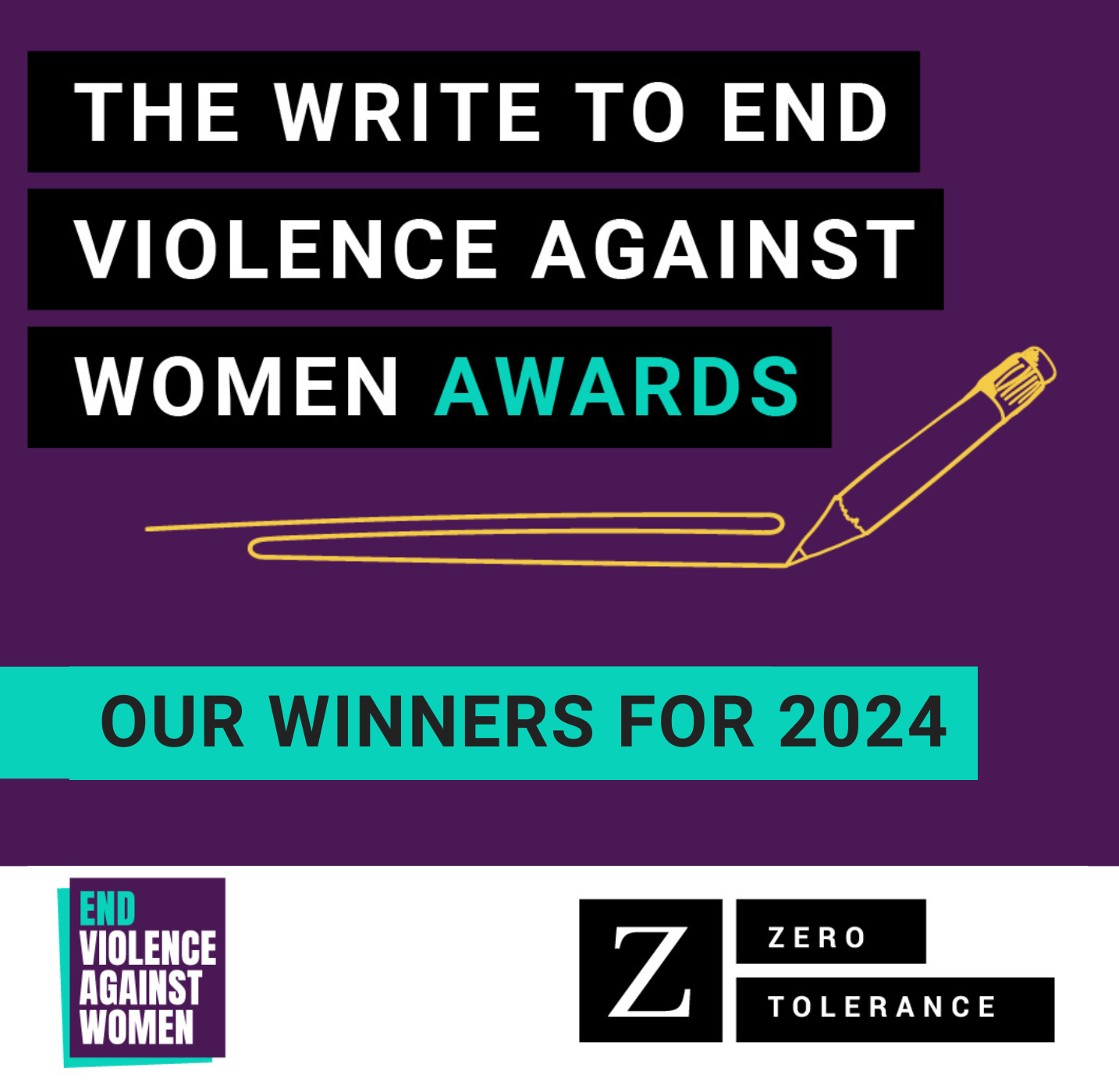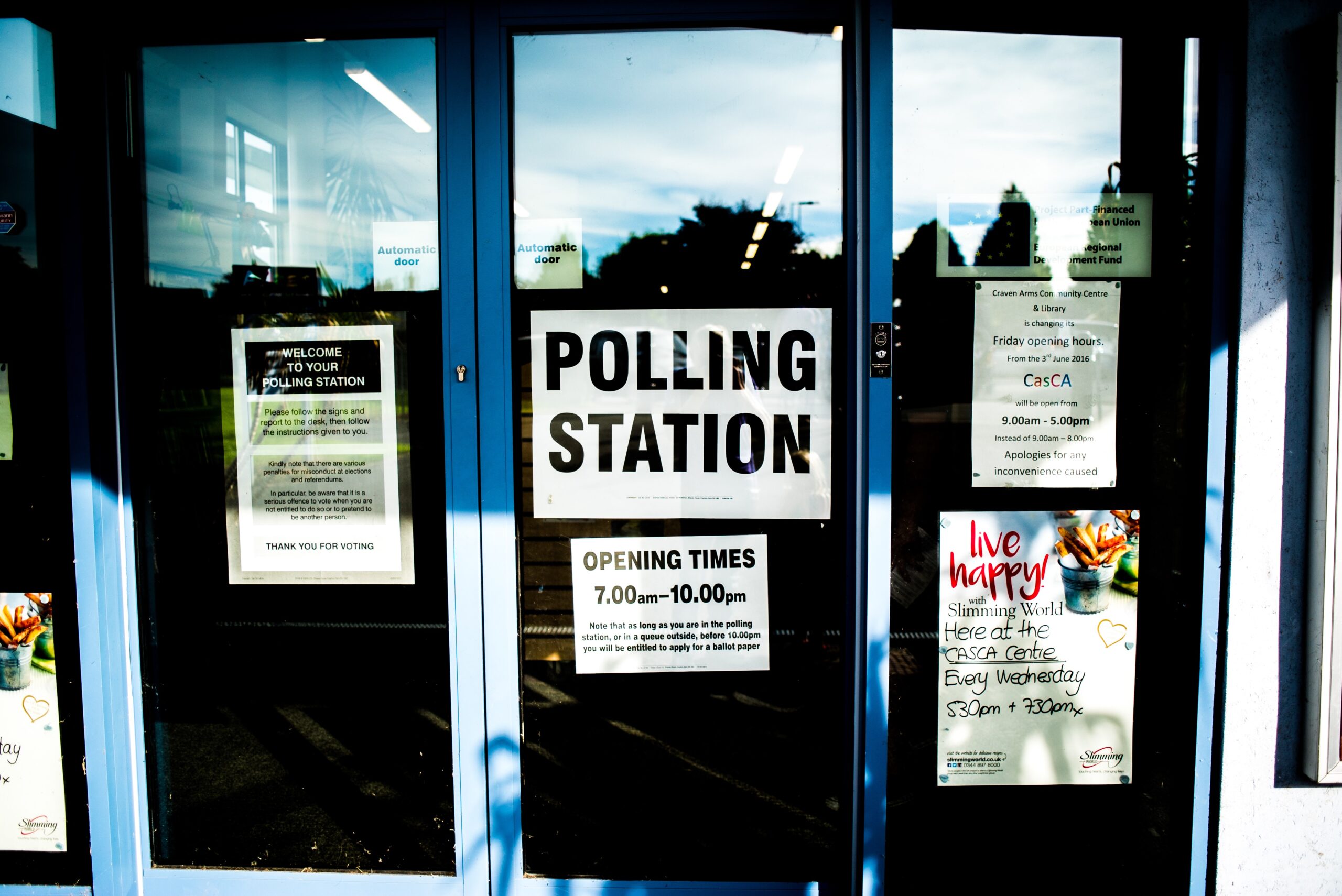 12 Dec
12 Dec
PARTY LEADERS ASKED: WHAT WILL YOU DO TO END VIOLENCE AGAINST WOMEN AND GIRLS?
UPDATE: As of the 6th December we have now received responses from the following parties:
Conservatives response to EVAW
Women’s groups call for:
- legislation to protect ALL women from domestic abuse;
- decisive action on the crisis in rape justice;
- proper funding for support services;
- a duty on employers to prevent sexual harassment
Stubbornly high levels of domestic violence, rape, sexual harassment, forced marriage and FGM (1) require every candidate’s attention.
A coalition of women’s groups has today (15 November) written to party leaders asking in detail about what they will do if elected to end all forms of violence against women and girls.
The letter (2) sets out why addressing the current context for women is so urgent:
“Violence against women and girls is not inevitable, but it is enduring because it relates to women’s persistent inequality. This election is taking place at a time of crisis in the criminal justice response to rape – even though more women than ever are coming forward to report to the Police, just 1.5% of cases are being prosecuted. Domestic abuse homicides are at their highest level for 5 years, reports of sexual harassment are reaching epidemic levels in our workplaces and education institutions, and many women MPs are leaving political careers citing online abuse and threats of violence against them as factors. These issues are deeply related and require urgent action by an incoming government.”
Sarah Green, Director of the End Violence Against Women Coalition says:
“Issues relating to the abuse and violence experienced by women and girls are no longer “behind closed doors”. Times have changed and many women and men demand that the Government make a high priority of ending and preventing this abuse in the first place.
“This means an overhaul of the police, CPS and courts response to rape, enacting legislation which protects all women, especially migrant women, from domestic abuse, introducing legal duties on employers to prevent sexual harassment, and resourcing the best Relationships and Sex Education in our schools.
“And it also means – as a matter of great urgency – ending the postcode lottery and ensuring that every woman who needs specialist support – for danger she is in now, or to help recover from abuse many years ago – can get it.
“We need to hear from party leaders and every candidate during this election that action in this area remains a priority, and that there will be no roll back of our rights to protection, and that leaders will in fact work to improve the lives of women and girls.”
The End Violence Against Women Coalition has written to Jeremy Corbyn, Boris Johnson, Jo Swinson, Sian Berry and Jonathan Bartley, Ian Blackford and Liz Saville Roberts calling on them to explain how they will:
1. Commit to renewing the cross-government Violence Against Women and Girls Strategy in 2020.
2. Ensure we have legislation which protects and supports all victims of domestic abuse and enables the ratification of the Istanbul Convention, with specific measures for BME and migrant survivors.
3. Make a high-profile priority of the ongoing ‘end to end’ Rape Review of the criminal justice system’s response to sexual violence which began in March 2019, so that survivors of sexual violence can be confident that there is real commitment to access to justice.
4. Ensure that every woman who needs support to escape or recover from domestic and sexual violence can access a specialist service, as well as trauma informed therapeutic support and counselling, by providing sustainable funding for the expert women’s support sector and ring-fenced funding for specialist services run ‘by and for’ BME and migrant women.
5. Appropriately resource and champion the roll-out of high-quality Relationships and Sex Education in all our schools.
6. Ensure there is clear legal duty on employers to prevent sexual harassment, including third party harassment; and step up work to prevent the on and offline abuse of women elected to public office, especially BME women who are disproportionately targeted. We also strongly recommend that Government online harms work goes ahead and introduces a regulator with teeth which can hold tech companies to account.
7. Ensure that all our public services – including the criminal justice system, welfare, housing, schools, health and immigration departments – make tackling violence against women and girls a clear, resourced priority.
Sarah Green continues:
“These issues are life and death and they should be a priority for everyone who is standing for election. Despite countless scandals, inquiries and reviews, violence against women and girls still blights lives and prevents women from living full and free lives.”
Notes for Editor:
1.Violence against women and girls in the UK
- Around 85,000 women are raped and more than 400,000 women are sexually assaulted each year (ONS)
- A third of the victims of rape recorded by police are under 16 years old, and an average of 200 rapes have been recorded by police as having taken place in schools each year (ONS and BBC)
- A third of women have experience sexual harassment in public (YouGov for EVAW, 2016)
- More than a million women were victims of domestic violence last year (ONS), and on average two women are killed every week by a current or ex-partner (Femicide Census)
- It is estimated that more than 135,000 women and girls affected by FGM live in England and Wales (City University, 2014)
- 11,744 cases of so-called “honour-based violence” were recorded by UK police forces from 2010-14 (IKWRO)
- Since 2010, Women’s Aid reports that 7% of specialist refuges in England have been closed down and third of all referrals to refuges are turned away, normally due to a lack of available space.
- In 2016 Rights of Women provided evidence that rules introduced under the Legal Aid, Sentencing and Punishment of offenders Act 2013 meant that 40% of female survivors could not meet the new legal aid domestic violence evidence requirements. Without legal aid for representation, survivors were forced to face their abusers in court themselves.
- Full texts of the letters to the party leaders are available here: https://www.endviolenceagainstwomen.org.uk/campaign/general-election-2019/
Replies will be published on the EVAW Coalition website, alongside analyses of the party manifesto commitments in this area.
ENDS
Recommended ARTICLES
 12 Dec
12 Dec
 25 Nov
25 Nov
 15 Nov
15 Nov

